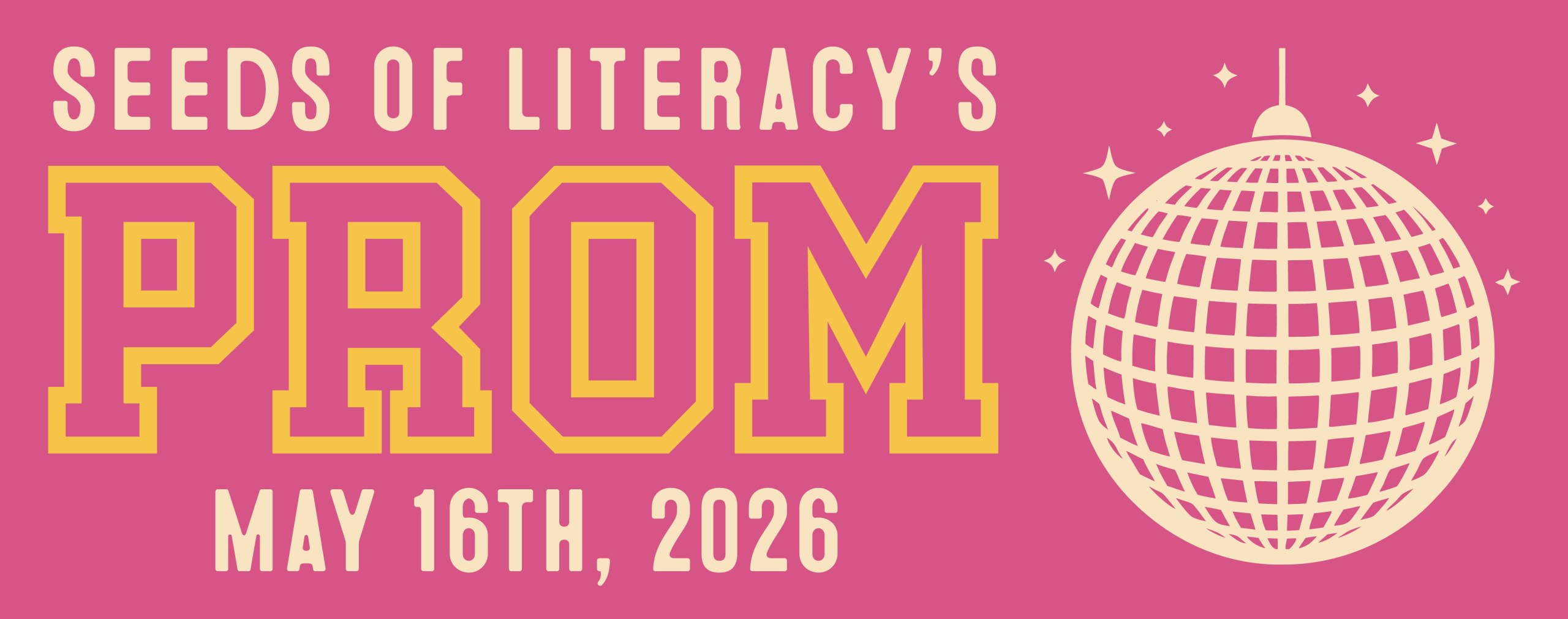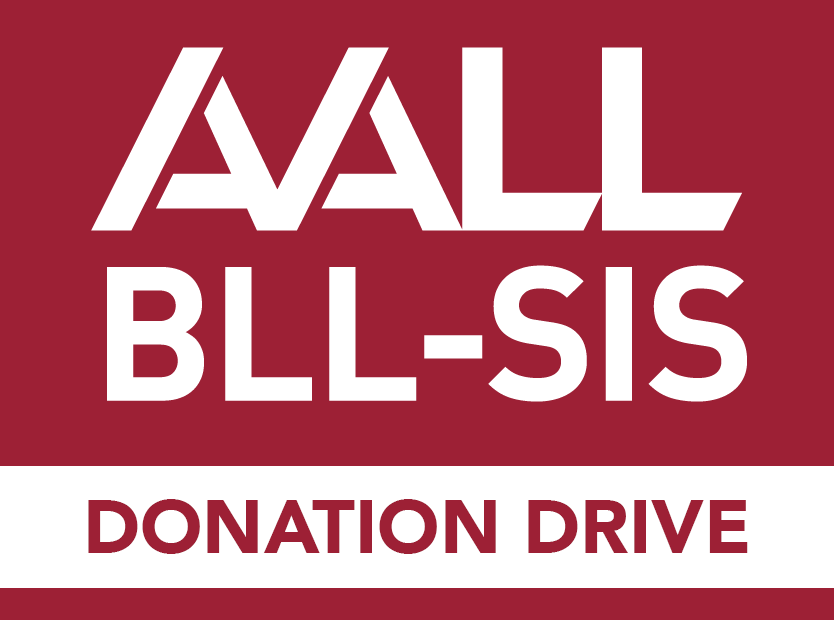February 27, 2024

One of the best things a tutor can do for a student is allow them a quiet moment to mull over lessons and figure out problems. It’s not always easy to do: as social creatures, silences can feel uncomfortable and we have a compulsion to say something to fill them …
Read More »
April 03, 2018

By Mark Yanochko Tutoring students at Seeds of Literacy has enriched my life, far beyond the satisfaction I receive from the work I do on Thursday mornings. Although helping students learn is the main reason I tutor, my experiences have included personal interactions that extend far beyond the lessons. When …
Read More »
December 12, 2016
With the GED® exam featuring both an extended response (i.e. an argumentative essay) and a short response, writing is an essential skill for GED students to have. However, many adult students struggle with how to approach writing and the process of breaking down the steps. So how can you help …
Read More »
October 05, 2016
By Holly Roe, Executive Director of the LD Edge Network You may know the stereotypes that stigmatize adults in poverty: He’s just lazy. She’s always giving up – how can she succeed if she keeps doing that? He’s just not motivated. They should’ve stayed in high school and finished. His …
Read More »
August 02, 2016
At Seeds of Literacy, we aim to be accessible for adults who are often busy being, well, adults. That means having an open door when adults are ready to begin focusing on GED® prep or literacy skills. Between Seeds of Literacy’s two locations on the east and west sides of …
Read More »
November 16, 2015
It’s no surprise that working with an adult learner is different than working with a youth learner. Being at different stages of life means that they have different experiences to draw from and different expectations for their learning. As an adult literacy organization, we train our volunteers on the differences …
Read More »




